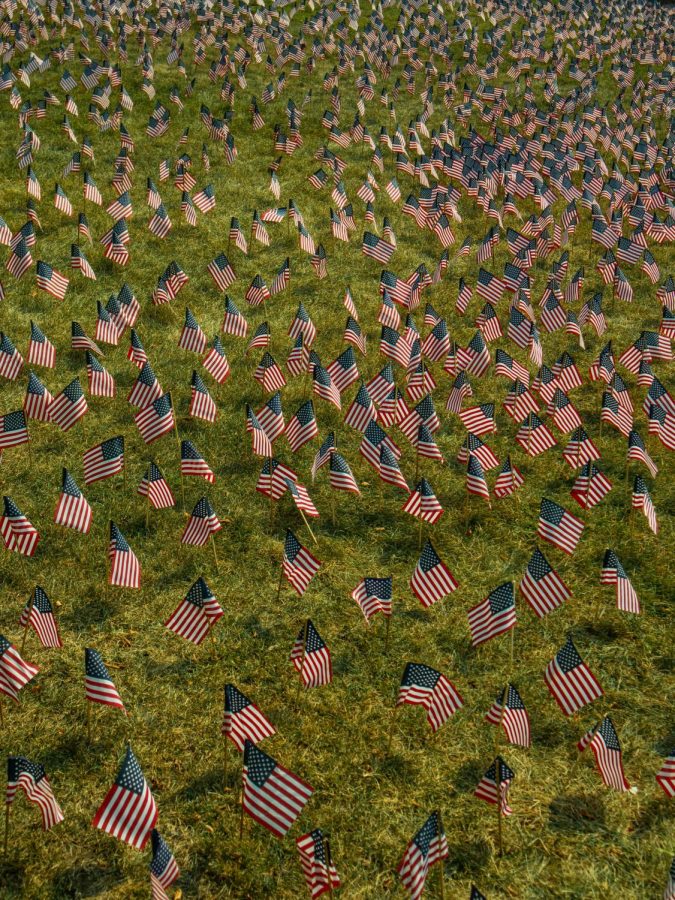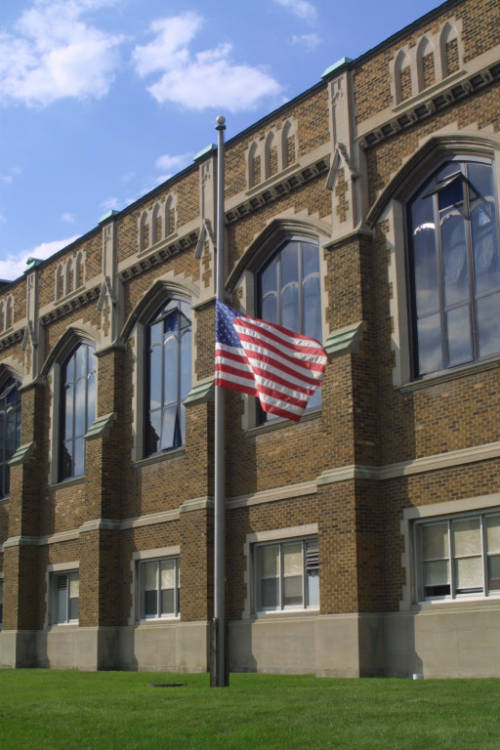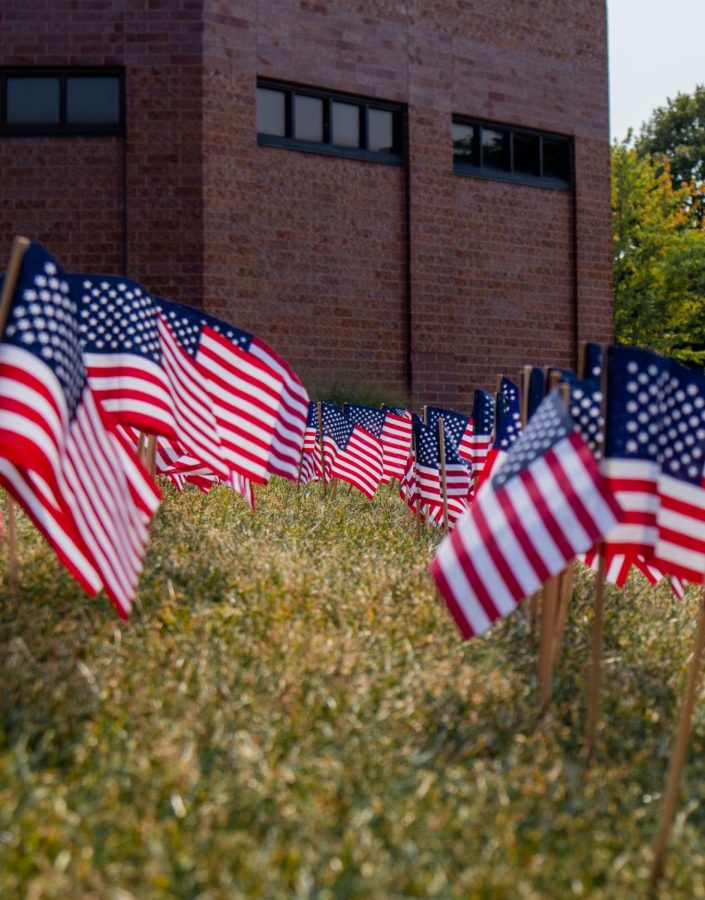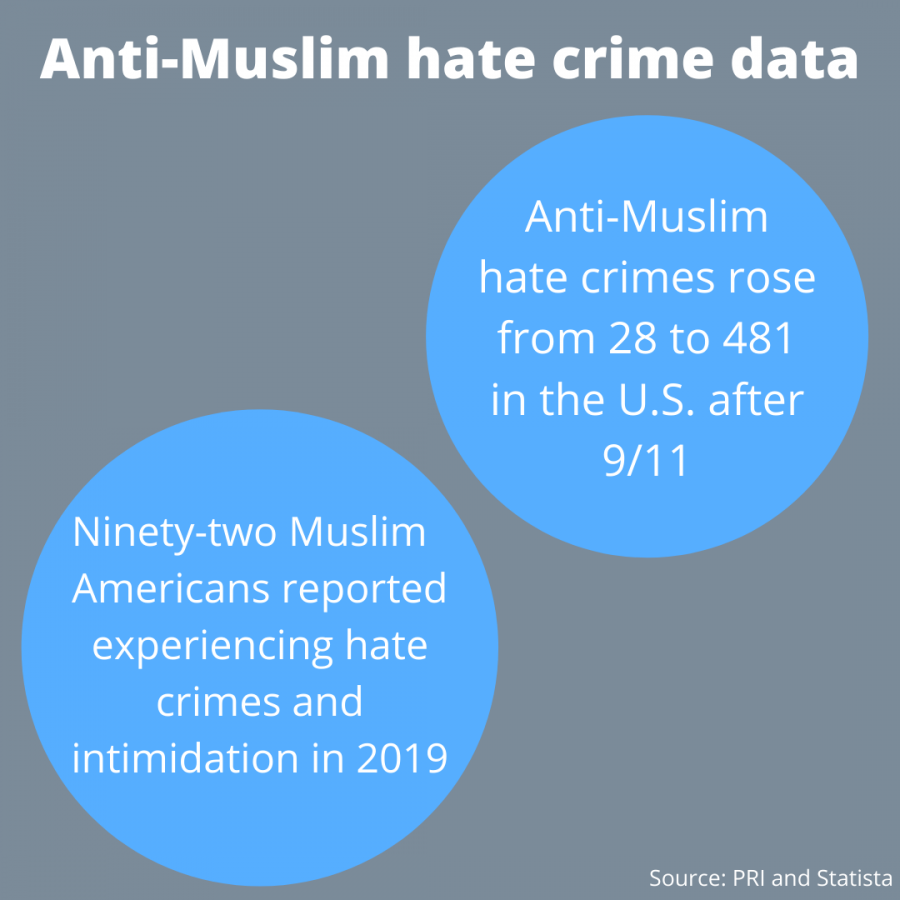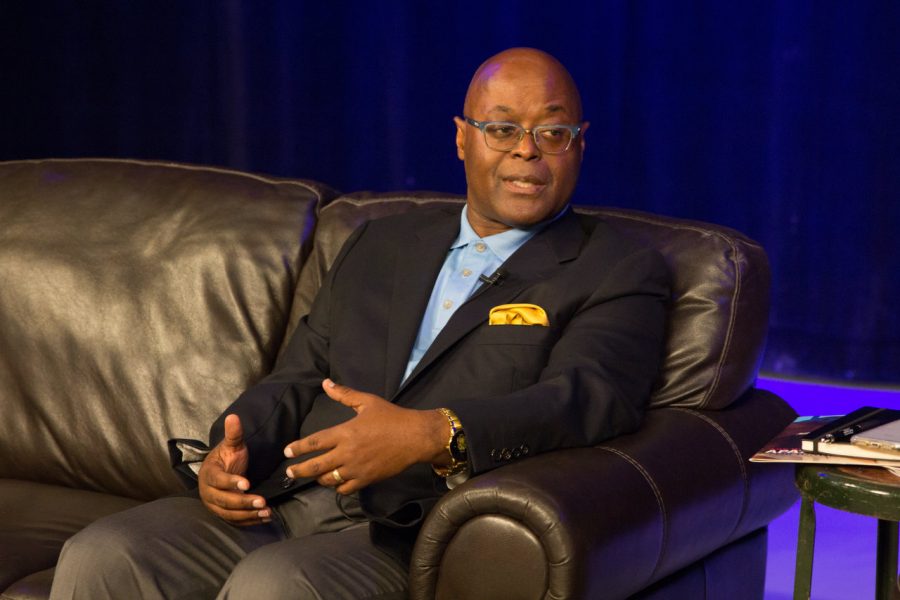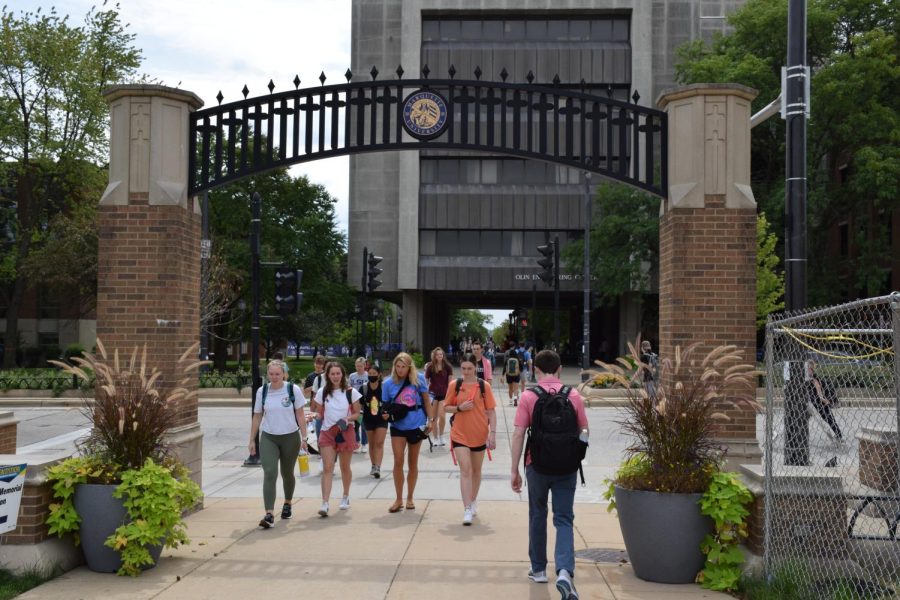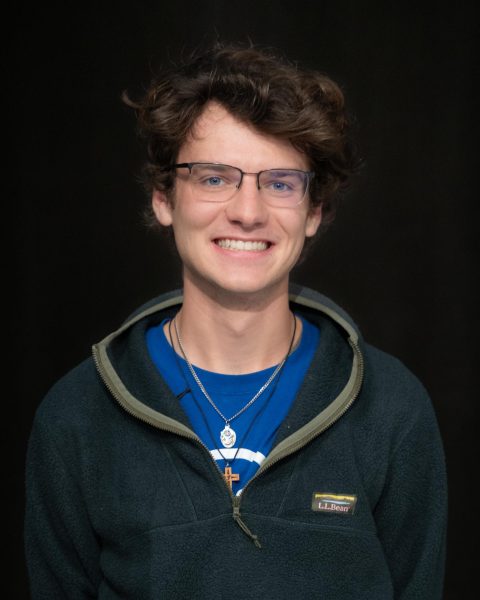Sept. 11 marks the 20th anniversary of the tragic events that happened on a Tuesday morning. 9/11 will be will be forever embedded into the minds of many Americans as an event that took many lives and changed America. Many institutions in America were shaken by the event, including Marquette.
Nowadays it is difficult to visualize a time before 9/11, as many students weren’t conscious of the event or even born before it. So like many other events in history, it is up to the ones who remember to continue the story.
Many people were relieved when they learned Y2K , the thought that all computers were going to fail because of clocks changing from 1999 to 2000, was just a false alarm. Domestically Bush v. Gore, a Supreme Court decision that settled a recount dispute in Florida during the 2000 election between George Bush and Al Gore, left many Americans curious about the future of the nation.
Sheena Carey, the internships coordinator at Marquette, entered the 2000s with a sense of optimism.
“I was feeling at the top of my game, I was teaching as an adjunct here at Marquette, I was working part time, I was doing training and development and I was raising my son,” Carey said.
But she doesn’t forget where she was when 9/11 took place.
“I was at the department of natural resources here; it was maybe about nine in the morning and I started to hear this buzz and I went into a room with a television … it was pretty powerful and incredible being in the terms that you didn’t think it was real,” Carey said.
After the 9/11 happened, Carey noticed a change in the American peoples spirits, “There was this brief moment where we were embracing one another and supporting one another,” Carey said.
Richard Friman, a professor of political science, said Americans had a rallying cry that extended beyond political divisions.
“The immediate reaction was sort of a rally around the flag effect. It’s not really time to explore divisions, it is time to come together,” Friman said.
Carey reflects on how quickly things changed for Americans.
“It all went south, and people were starting to look for someone to blame,” Carey said.
Friman also expresses the idea that people were looking for a scapegoat amid all the chaos.
“You had a lot of people with anger, confusion and horror. That quickly morphed into rallying, but also a desire for payback, a desire for safety. But also a strong mention of xenophobia,” Friman said.
Xenophobia, the prejudice against people of different nationalities and Islamophobia, the prejudice against Muslims, was a large issue following the events of 9/11. Many Muslims, Muslim associates or anyone that looked Muslim were treated unjustly.
“There was a fear of the other, the fear of the Muslim other. The fear was pervasive throughout the country, throughout Milwaukee and it was in Marquette,” Friman said.
Richard Taylor, a philosophy professor, said that “misinformation came with the chaos of the aftermath of 9/11”
“It was very clear that people didn’t have much of an understanding of Islam. They had been in the newspaper for years … but it seemed like people didn’t have a general understanding of Islam,” Taylor said.
Taylor discusses the history of Islam and how it was perceived up until World War II when perceptions changed. He described it as “a massive misunderstanding.”
Following 9/11, many Americans were thinking about what would happen next. Since this was the first foreign attack on American soil since Pearl Harbor, there wasn’t a strong understanding of what was going on, or even the idea of terrorism.
A public forum was held in Weasler Auditorium a couple of days after the attacks took place. The public forum was conducted with Friman, Taylor and other professors. They discussed where to go from that point on and what 9/11 meant for the future of America.
Following up on the event 20 years later, they reflect on how America has grown, or not, since the aftermath of 9/11.
“I don’t think anything has changed. We have gone back to our sense of invulnerability, we are still sometimes wreaking havoc around the world. That sense of connection we had in that moment has dissipated,” Carey said.
Friman calls this lack of connection among the American people a “fracture in the American psyche.”
Friman then goes on to talk about how the American government has grown since the aftermath of 9/11. He noticed a larger presence of government in everyday affairs. But he mentions that many people asked for this because of the need for safety.
Taylor also said that there is a wider range of Islamic information available today, but he notes that people aren’t taking the time to learn.
“What has stayed the same is the insufficient understanding of Islamic culture in America and in our institutions,” Taylor said.
Taylor hopes that students and Americans take time to educate themselves on 9/11 and an understanding of Islamic culture.
Friman backs up these statements and encourages students to “understand our history, understand how we got to where we are.”
This story was written by Connor Baldwin. He can be reached at [email protected]


